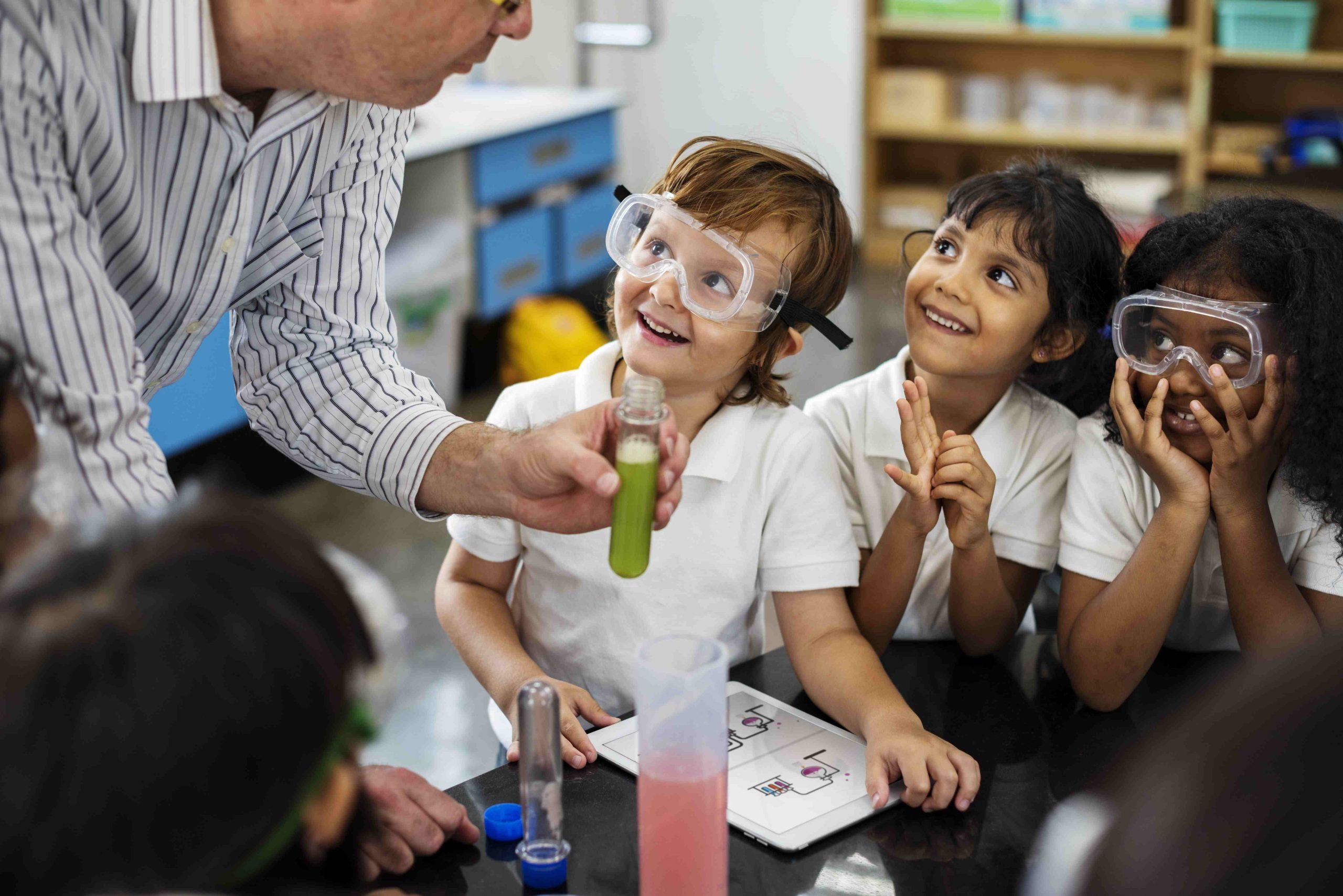
The Power of Pedagogical Experiences in Education
Pedagogical experiences encompass a wide array of activities, exercises, and interactions within and beyond the classroom aimed at facilitating learning and nurturing students’ personal and academic development. These experiences span various techniques, including lectures, discussions, hands-on activities, simulations, and project-based learning. In this discourse, we delve into the significance of pedagogical experiences in education and their capacity to cultivate engaging, efficacious, and enduring learning environments for students.
The Role of Pedagogical Experiences in Student Learning
Pedagogical experiences are pivotal in student learning, providing avenues for students to grapple with novel ideas, concepts, and skills while applying their knowledge in real-world contexts. Research underscores that active and experiential learning methods surpass passive approaches like lectures and rote memorization in fostering long-term comprehension and retention. By crafting pedagogical experiences that challenge and inspire students, educators can instill a lifelong passion for learning.
The Benefits of Pedagogical Experiences for Students
Pedagogical experiences yield numerous and diverse benefits for students, including:
These advantages are particularly pertinent in today’s rapidly evolving world, where students must adapt to emerging technologies, collaborate in diverse teams, and analyze complex issues critically.
Examples of Effective Pedagogical Experiences
Effective pedagogical experiences manifest in diverse forms, contingent upon subject matter, students’ age and capabilities, and available resources. Here are some instances of effective pedagogical experiences conducive to student learning:
Project-based Learning
This approach entails students engaging in extended projects that necessitate the application of their learning to real-world dilemmas and challenges. Projects can be undertaken individually or collaboratively, spanning an array of subjects from science and technology to the arts and humanities.
Simulations and Role-playing
Simulations and role-playing activities enable students to explore intricate concepts and ideas within a safe and structured environment. For instance, students may simulate a court trial or a United Nations negotiation to grasp concepts of law and diplomacy.
Collaborative Learning
Collaborative learning entails students working in pairs or groups to solve problems, accomplish tasks, or create projects. This approach fosters teamwork, communication skills, critical thinking, and creativity.
Hands-on Activities
Hands-on activities allow students to learn by doing, transcending traditional passive learning methods. These activities encompass experiments, field trips, and other interactive experiences that engage students’ senses and curiosity.
Service Learning
Service learning involves students participating in community service projects addressing real-world issues such as poverty, hunger, and environmental conservation. This approach promotes social and emotional learning while nurturing students’ sense of civic responsibility.
Challenges and Limitations of Pedagogical Experiences
While pedagogical experiences offer myriad benefits, they also present challenges and limitations that warrant attention. These include:
Addressing these challenges necessitates concerted efforts from educators and policymakers to ensure equitable access to high-quality pedagogical experiences fostering student learning and well-being.
Strategies for Effective Pedagogical Experiences
To optimize pedagogical experiences’ efficacy in promoting student learning, educators can employ various strategies, including:
By adhering to these strategies, educators can cultivate pedagogical experiences conducive to student learning and well-being.
Future Directions in Pedagogical Experiences
As education evolves, several future directions in pedagogical experiences merit exploration, including:
Embracing these directions holds promise in revolutionizing education, offering students engaging and effective learning experiences conducive to their success in the 21st century.
Addressing Challenges and Maximizing Effectiveness
Despite the benefits of pedagogical experiences, addressing challenges such as resource constraints, time limitations, assessment complexities, teacher preparation, and equity concerns is imperative. Strategies to overcome these barriers include:
By implementing these strategies, educators can harness the full potential of pedagogical experiences, nurturing student engagement, motivation, and well-being while equipping them for success in a rapidly evolving world.
In conclusion, pedagogical experiences are indispensable in education, offering students engaging, effective, and enduring learning encounters fostering their personal and academic growth. By employing diverse pedagogical techniques, educators can create dynamic learning environments that stimulate critical thinking, creativity, and readiness for students’ future endeavors.


